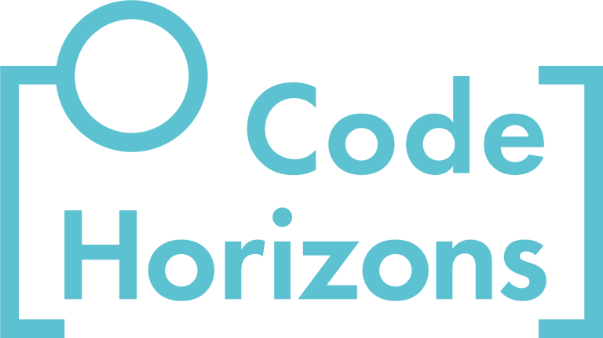
Corey M. Abramson
Corey M. Abramson is Associate Professor of Sociology at Rice University, where he is principal investigator of the Computational Ethnography Lab. Abramson also holds affiliations at the Medical Cultures Lab, UC San Francisco and the Center for Ethnographic Research, UC Berkeley.
Professor Abramson’s research examines the connections between inequality and health over the life course. His comparative ethnography on aging and inequality, The End Game: How Inequality Shapes Our Final Years, was published by Harvard University Press and awarded the 2016 Outstanding Publication Award by the American Sociological Association’s Section on Aging and the Life Course.
Abramson’s methodological works include funded interdisciplinary collaborations published in venues including Sociological Methodology, Health Affairs, Ethnography, BMJ Open, Socius and Beyond the Case (Oxford University Press, co-edited with Neil Gong). Abramson’s work in this vein focuses on: (1) integrating computational techniques with field observations to improve the scalability, transparency, and replicability of large multi-site projects with qualitative data and (2) articulating how methodological pluralism can benefit social inquiry.
Abramson has over two-decades of experience using, teaching and developing approaches to qualitative and mixed-methods research. He has served as a methodological adviser for individual and team-based projects encompassing a wide range of data types, analytical approaches, and disciplines as well as developing training programs for conducting qualitative research in social science and policy disciplines.
Prior to moving to Rice University, he received his Ph.D. in sociology from the University of California, Berkeley in 2012, completed a post-doctoral fellow at the Philip R. Lee Institute for Health Policy Studies at the University of California, San Francisco, and worked as an Assistant and Associate Professor of Sociology at the University of Arizona.
Abramson has used ATLAS.ti in his own qualitative and mixed-methods projects since 2003.
You can visit his university webpage here.
You can visit his personal webpage here.
Read Qualitative Coding Simplified, a blog post by Corey M. Abramson, to learn what qualitative coding is and how it can be used in a multitude of ways to enhance researchers’ data and help make sense of texts.
In his Sub-setting Qualitative Data for Machine Learning or Export blog post, Abramson discusses ‘sets’ for analyzing qualitative data, including what sets are, how they can be used, and examples of how to sub-set data in Atlas.ti.

 Back to Instructors
Back to Instructors